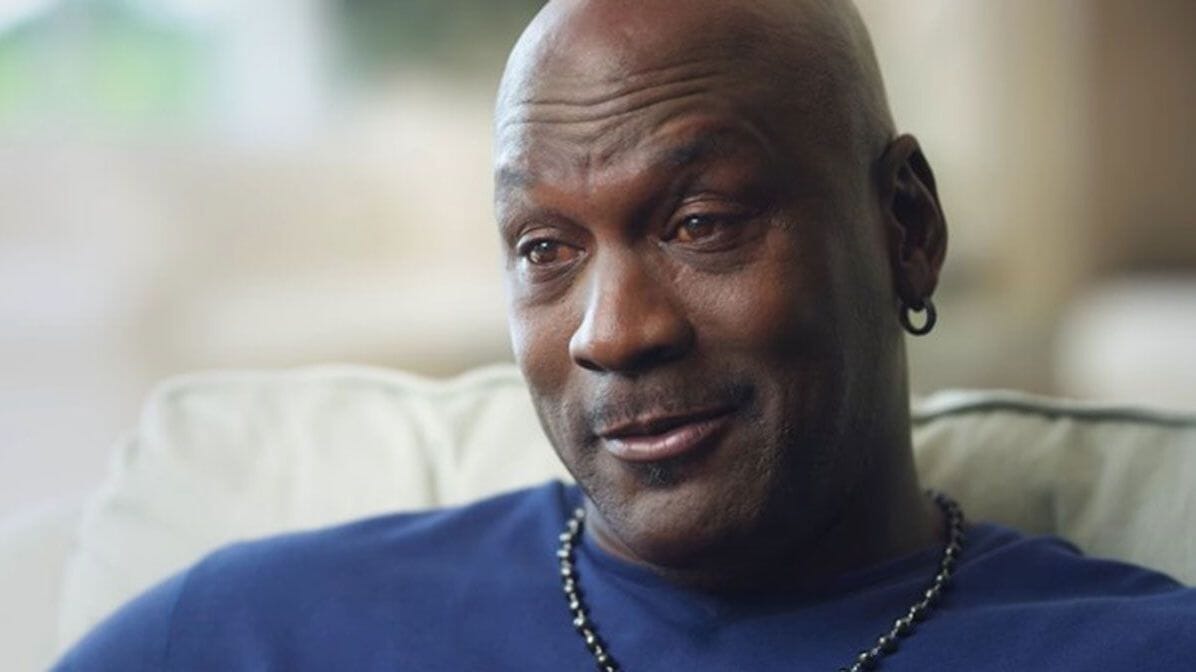BY: Walker
Published 3 years ago

A personal injury law firm filed a suit against Novo Nordisk and Eli Lilly and Co., the manufacturers of Ozempic? and Mounjaro?.
via: NBC News
The 26-page lawsuit, filed on behalf of a Louisiana woman who says she was “severely injured” after taking the two diabetes drugs, is the first to allege that they can cause gastrointestinal injuries.
Ozempic and Mounjaro — both part of a new class of medicines known as GLP-1 agonists — help people with Type 2 diabetes manage their blood sugar levels. They are also prescribed off-label for weight loss.
GLP-1 medications work, in part, by slowing how quickly food moves through the stomach, which can lead to a person feeling fuller longer. They can also, however, cause gastrointestinal issues, including abdominal pain, nausea and vomiting, which have been well documented in clinical trials and are listed as potential side effects on drugs’ labels.
Jaclyn Bjorklund, 44, of Louisiana, is accusing the drugmakers of failing to disclose other health problems allegedly caused by the medications, including severe gastroparesis, also known as stomach paralysis, as well as “persistent” vomiting, Paul Pennock, an attorney, told reporters on a call Wednesday. Pennock is from the firm Morgan & Morgan, based in Orlando, Florida, which is representing Bjorklund.
Gastroparesis is a condition that slows or stops the movement of food out of the stomach and into the small intestines. It’s sometimes referred to as “delayed gastric emptying,” according to the National Institute of Diabetes and Digestive and Kidney Diseases. The condition can be caused by underlying medical issues, and one of the more common causes of gastroparesis is diabetes, according to the American College of Gastroenterology. It can also result from infections or certain medications including narcotics and antidepressants.
While “gastroparesis” is not mentioned in the prescribing information for Ozempic or Mounjaro, “delays gastric emptying” is listed on both drugs’ labels, because it can affect how other medications are absorbed by the body.
The Food and Drug Administration declined to comment on the lawsuit. In a statement, Chanapa Tantibanchachai, a spokesperson for the agency, said it is unclear whether the GLP-1 medications contribute to the occurrence of gastroparesis.
A spokesperson for Eli Lilly did not immediately respond to a request for comment on the lawsuit. Natalia Salomao, a spokesperson for Novo Nordisk, said the company was not aware of the lawsuit as of Wednesday morning. However, Salomao noted that gastroparesis is a known risk for people with diabetes.
“Patient safety is of utmost importance to Novo Nordisk,” she said. “We recommend patients take these medications for their approved indications and under the supervision of a healthcare professional.”
About 400 people have come forward claiming to have gastrointestinal injuries caused by the diabetes medications, said Pennock, who stated that he ultimately expects to see “thousands of such cases.”
Bjorklund was diagnosed with Type 2 diabetes in 2017 and had been prescribed Ozempic before later switching to Mounjaro.
Bjorklund is claiming that she was “severely injured” by the medications and had to go to the emergency room multiple times due to stomach problems, according to the lawsuit. She vomited so violently that she lost teeth, the suit claims.
Bjorklund hasn’t yet been diagnosed with gastroparesis, Pennock said, although he claimed her symptoms are “indicative of” the condition and dismissed that the condition was caused by her diabetes.
She is seeking “very significant” compensation from the drugmakers, Pennock added, declining to state a specific amount.
Dr. Shauna Levy, a specialist in obesity medicine and the medical director of the Tulane Bariatric Center in New Orleans, said she was surprised by the lawsuit.
While the medications could cause gastroparesis, Levy, who is not involved with Bjorklund’s treatment, said that the problem could also be caused by another undiagnosed illness or by the patient’s diabetes, and then exacerbated by the medications.
“As a provider, I’m not worried about this being a common problem,” Levy said.
Tantibanchachai said the FDA will continue to monitor for any potential adverse events from the medications.
“If newly identified safety signals are identified, the FDA will determine what actions are appropriate after a thorough review of the body of evidence,” she said.










